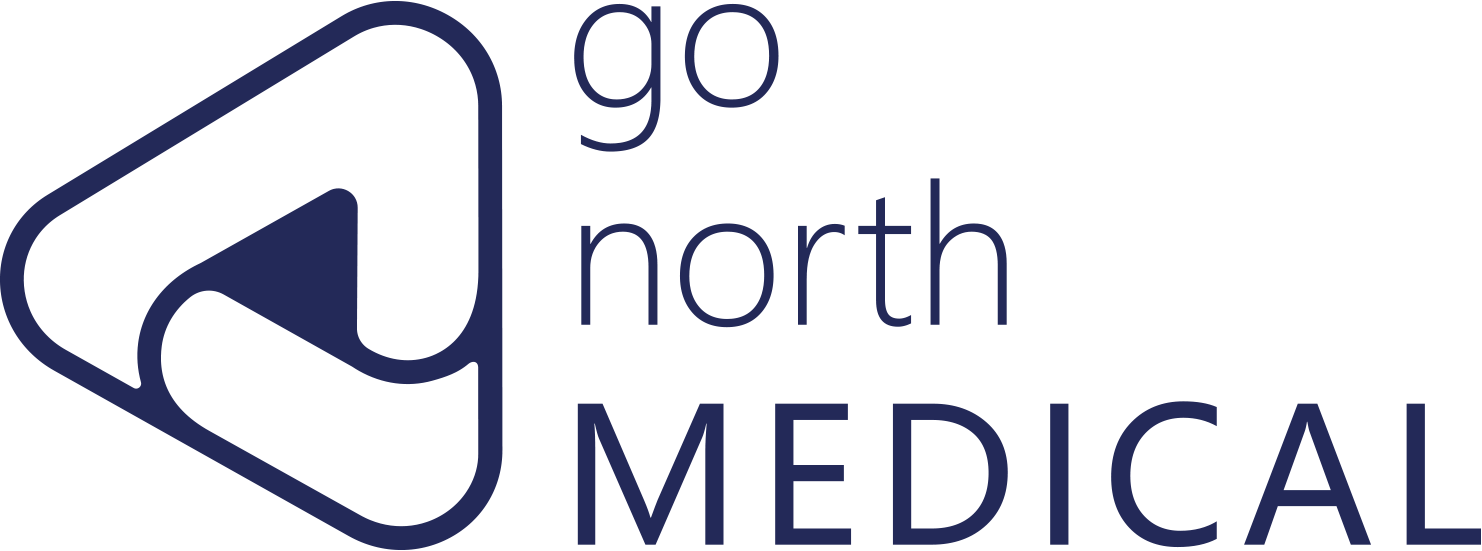Feasibility of video/audio monitoring in the analysis of motion and treatment effects on night-time seizures – Interventional study
Ojanen P, Zabihi M, Knight A, Roivainen R, Lamusuo S, Peltola J.
Epilepsy Research 184 (2022) 106949
https://doi.org/10.1016/j.eplepsyres.2022.106949
Hot Off The Press - This study by Ojanen et al. (May 2022) examined the feasibility of a video/audio monitoring system to analyze the #frequency, #intensity, and #duration of night-time #seizures with motor features in patients with drug-resistant epilepsy (#DRE).
To examine its #accuracy, the monitoring system was used to evaluate the outcome of brivaracetam (#BVC) as an anti-seizure medication for DRE patients.
Highlights
● Feasibility of the video/audio monitoring system to evaluate the outcome of brivaracetam for night-time seizures was examined.
● Seizure-related results from the monitoring system and seizure diaries were compared.
● The monitoring system could improve the accuracy of treatment outcome assessment in night-time seizures.
The recording included a pre-screening phase (13 patients, 4 weeks) to set up the baseline, and an intervention phase (9 patients, 4 weeks) to evaluate the outcome of BVC. Data recorded by the monitoring system were analyzed by an expert video reviewer and epileptologist.
Prescreening phase
Table 1 lists the comparison results between the monitoring system and seizure diaries documented by patients. The seizure diaries undervalued the number of daily average seizures and overvalued the average number of seizure-free nights. Besides, false positives were documented in seizure diaries in 3 patients.
Intervention phase
5 out of 9 patients documented 40% to 70% of the seizures recorded by the monitoring system. Seizure counts from the monitoring system were higher than that of the seizure diaries in 8 out of 9 patients. Noteworthy, the monitoring system showed that movement intensity was decreased in all the patients during the intervention phase, even for two patients who had increased seizure frequency.
In conclusion, the study indicated the video/audio monitoring system could detect significant changes in seizure-related treatment outcomes of night-time seizures and provide valuable #clinical evidence that traditional seizure diaries could not supply.



